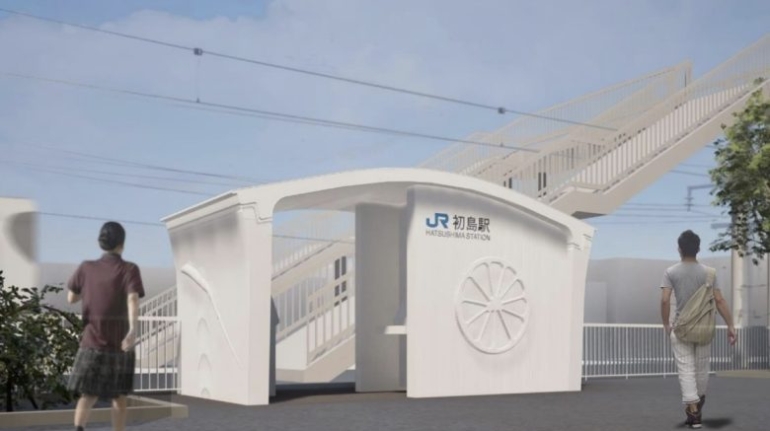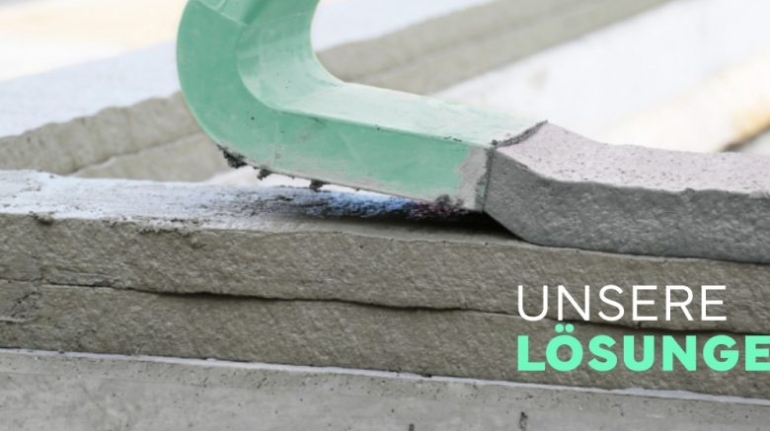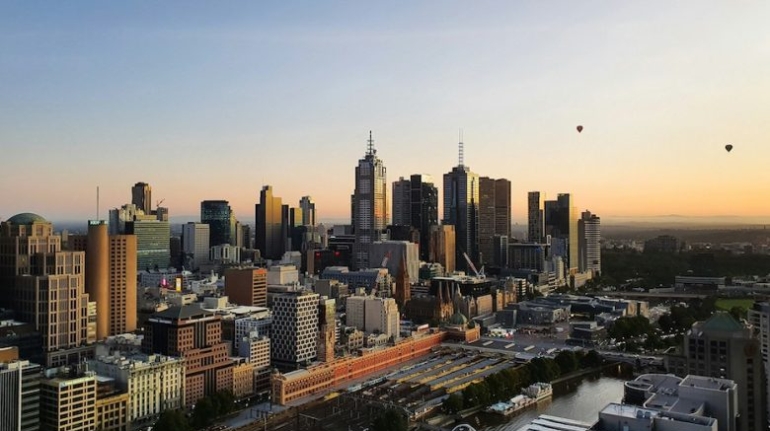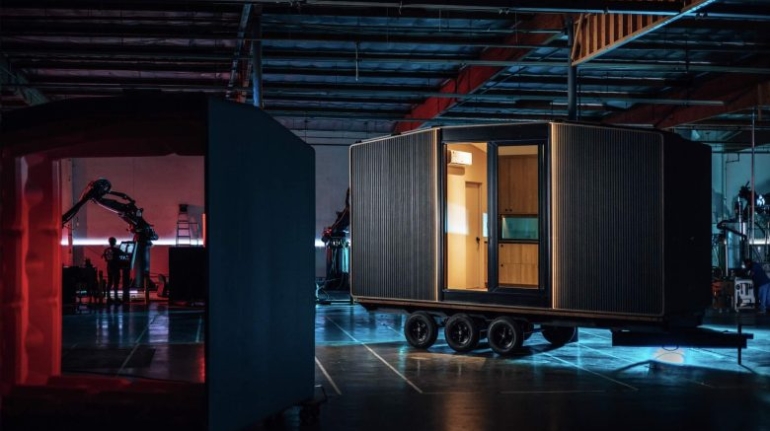3D printed Starbucks being built in Texas Construction 3D Printing
The city of Brownsville in Texas will soon be home to a brand new Starbucks. If you’re wondering why that is newsworthy, let us elaborate a bit. The new spot is not just any brick-and-mortar Starbucks location: it is is being 3D printed. According to local sources, the construction of the new drive-thru coffee shop is well underway on Boca Chica blvd, with concrete walls and Starbucks branding already in place.




